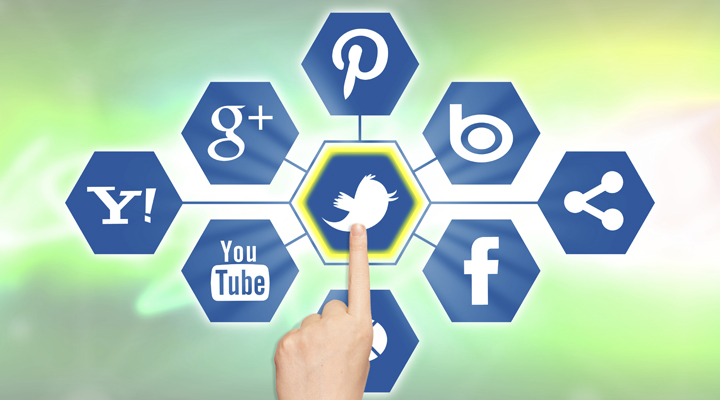Recently, just a week before, the Indian Army Chief Bipin Rawat, while speaking at a seminar on Social Media and Armed Forces has opined that the Indian Army looked-for an optimal usage of the social media in this advanced age of communication and information. The most valid point he talked is that soldiers could not be deprived of the right of entry to the social media, rather they should be permitted to use smartphones within a line of controlled discipline.
 Indubitably, information warfare is imperative in modern-day combat. On this basis only, many issues related to Artificial Intelligence have been taken up by the armed forces, to the advantage of our nation’s security. It is a matter of fact that a lot of what we hope to gain as part of Artificial Intelligence will come through social media.
Indubitably, information warfare is imperative in modern-day combat. On this basis only, many issues related to Artificial Intelligence have been taken up by the armed forces, to the advantage of our nation’s security. It is a matter of fact that a lot of what we hope to gain as part of Artificial Intelligence will come through social media.
A few months before a senior Army Officer was allegedly honey-trapped by an ISI agent through the social network of Facebook. Soon after that, the Defence Ministry had set out guidelines for the soldiers on the usage of the social media. As per the guidelines, the soldiers should not:
- Use photo in uniform as a profile pic on WhatsApp/Facebook;
- Click advertisements on social sites alluring for prizes/awards;
- Expose official identity on such sites;
- Upload pictures with a weapon on such sites even in civil uniform;
- Reveal one’s rank, unit name, and location or anything related to one’s work;
- Watch porn on social networking sites;
- Accept a friend request from unknowns;
- Allow family members to post/mention their profession on sites;
- Post any picture of anything related to the military as background;
- Store/ save any information related to the military in computer/laptops.
To a definite amount, aforementioned guidelines such as sharing some indicators like rank, unit name, and location or anything related to one’s work, might result in an internal intimidation because they would eventually give rise to the breach of security.

However, in the pretext of an imposed threat, a soldier cannot be denied complete access to the social media. In my opinion, information is one of the pillars of national power. There is no way the Armed Forces can remain away from that. In this overlooking era of social media, a particular sect of people like those who safeguard our borders cannot be denied access to social media, citing one odd incident that has taken place unpleasantly.
Besides, with changing times, we also need to change — the same inherited rules from the colonial era cannot be enforced even in this age ofSatmass Media for the reason that it amounts to social deprivation. The drop or inhibition of the socially standard interaction between an individual and the rest of society is what is known as social deprivation. In a wide-ranging set-up of connected factors that underwrite to social exclusion, social deprivation is also contained within. Such factors mainly take account of mental illness, poverty, poor education, and low socioeconomic status.
Denial of social media access surely amounts to a sort of social deprivation. The researchers on this matter opine that with social deprivation one may have incomplete access to the social world — resulting in lack of information. Besides, the socially deprived may experience a withdrawal of rudimentary proficiencies due to a lack of freedom. This lack of freedoms may include reduced opportunity, political voice, or dignity.

If we examine aforesaid issues in the setting of denial of social media access, it is very much approved that social media denial amounts to social deprivation. There is a muddle always accompanying with the two terms — social deprivation and social exclusion. In fact, the denial of social media access for soldiers not only amounts to social deprivation but also social exclusion.
Social deprivation may be interconnected with or underwrite to social exclusion, which is when a member in a particular society is hated by other members of the society. The excluded member is denied access to the resources that allow for healthy social, economic, and political interaction. Five key factors that set social exclusion in gesticulation – poverty, lack of access to jobs, denial of social supports or peer networks, exclusion from services, and negative attitude of the local neighborhood.
Necessarily, two factors among the aforementioned five key factors i.e. lack of peer networks and exclusion from services could result from the denial of social media access.
– Dr. Suman Kumar Kasturi













